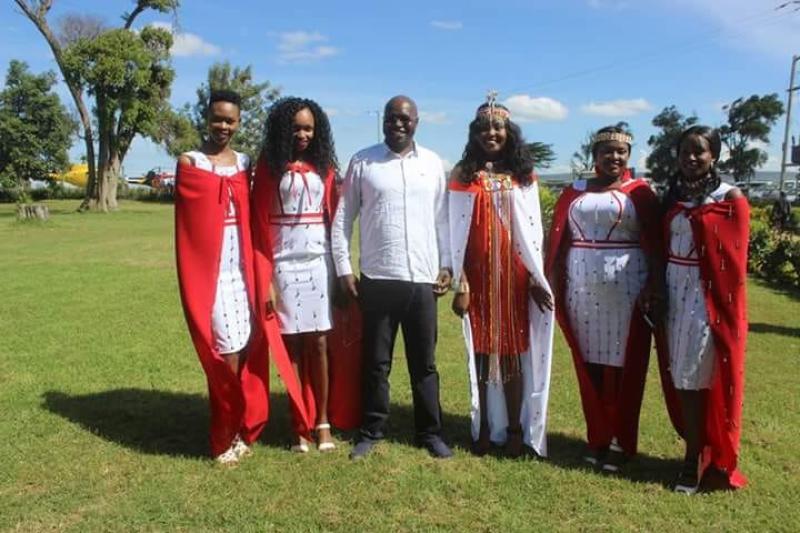×
The Standard e-Paper
Join Thousands Daily

Emurua Dikir MP Johana Ng'eno (centre), his fiance Naiya Ntutu (on his right) and friends during dowry negotiation ceremony in 2018: Dowry is not insulated from economic forces, says Prof XN Iraki of the University of Nairobi. [File,Standard]
Standard Digital’s Wambua Sammy shoots questions to prolific columnist Prof XN Iraki who is also a certified dowry negotiator.